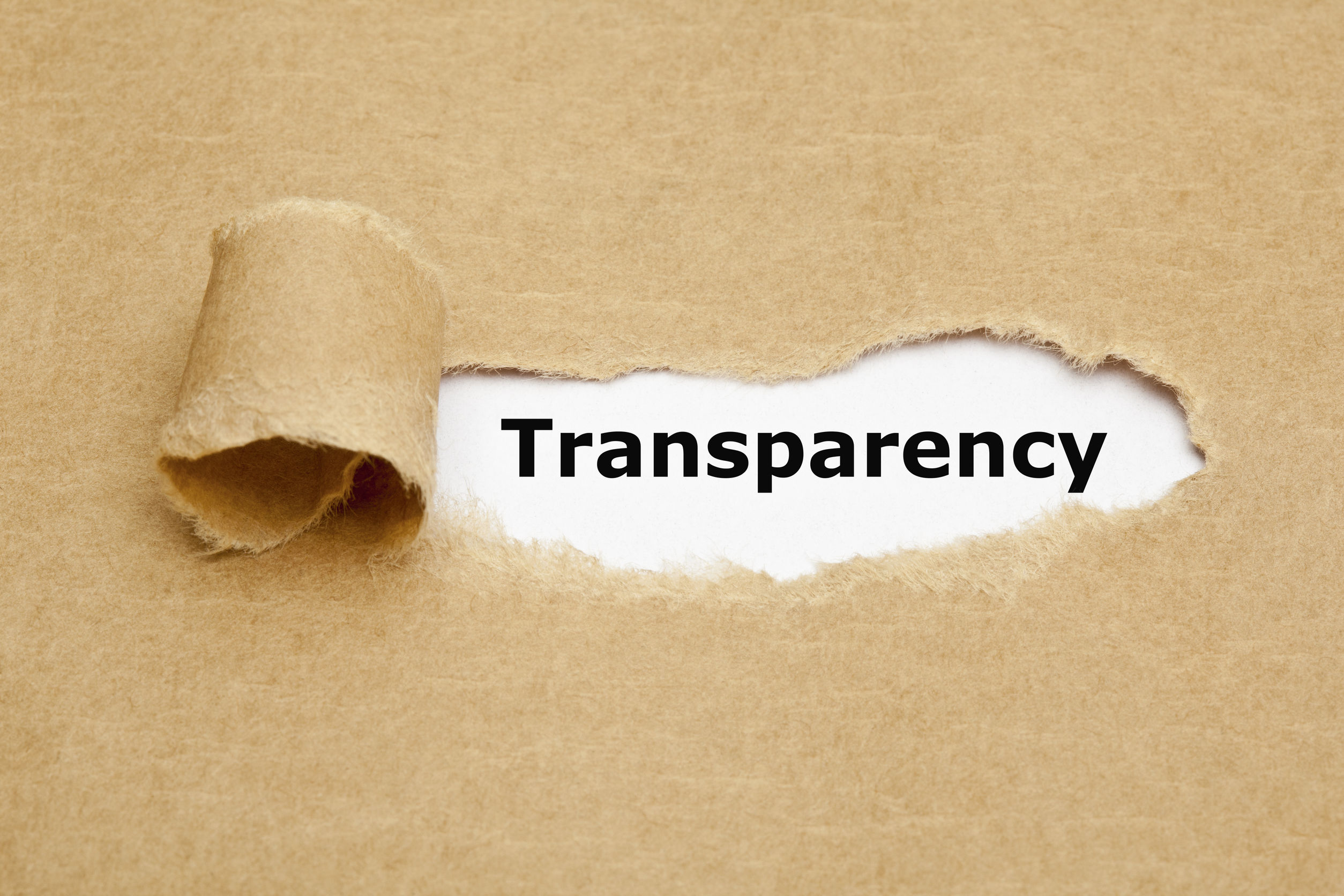How transparent communication can bolster communal trust and credibility
Trust can’t be manufactured on demand, and you won’t inspire behavioral change through muddled messaging. Instead, prioritize empathy, listening and humility.

Changing behavior is hard.
Just ask the public health officials trying to persuade Americans that mask wearing during COVID-19 is a communal responsibility, not a personal choice (or a political statement). An interesting article in The New York Times shows how communication missteps can undermine trust and credibility – with major implications for future campaigns like getting people on board with an eventual coronavirus vaccine.
Here are the lessons we’re learning, in the context of some core communication principles:
Gray is OK.
According to the Times, “in their desire to be authoritative [public health], experts have eroded trust by not accurately communicating uncertainty.” With the COVID-19 pandemic, we’re learning as we go, so it’s a fallacy to equate certainty with credibility.
As I’ve previously posted, nuance is important when communicating change, because fast-moving situations are rarely black and white. They’re shades of gray, and effective leaders can be clear about what they know and what they don’t without diminishing their credibility. In fact, I’d argue that showing humility in the face of the unknown actually increases trustworthiness.
Which leads to a second point:
If you pivot, explain.
Initially, health professionals from the Centers for Disease Control (CDC) and elsewhere diminished the importance and efficacy of mark wearing. When the evidence that wearing masks could reduce the spread of COVID-19 became stronger (and earlier supply chain issues receded), they changed their message – without adequately explaining why.
From a communication perspective, it’s OK to shift direction when assumptions change, as long as it’s clear what new information you’ve received and how that’s affected your reasoning. Otherwise you increase confusion and erode credibility.
Consistency counts.
Related to this lack of context for the revised guidance, reputable organizations like the CDC and World Health Organization had, for months, either discouraged mask wearing or avoided taking a position on their effectiveness. This left a vacuum where scores of people, most of them lacking public health credentials, weighed in on Twitter and other social media platforms. In a crisis, especially, people need a consistent story and a single source of truth. So when it came to making the case for mask wearing, according to epidemiologist and Harvard Medical School professor Dr. Julia Marcus, “[We were] left with a highly fragmented set of muddled messages.”
Meet folks where they are.
To tell a story, you have to sell a story – and any good salesperson knows to put one’s self in a customer’s shoes and anticipate objections before making a pitch. It’s vital to understand, and acknowledge, the reasons why people may resist wearing masks, while still advocating for their use.
Naming and shaming as a strategy for persuasion didn’t work in the 1980s with condoms and AIDS – and it’s equally unlikely to be effective in the current pandemic, especially given our political polarization. Empathy, rather, is the name of the game. As Dr. Marcus put it recently in The Atlantic, “When barriers [to adoption] are understood, they become addressable.”
More than anything, trust is required for a public health (or any other) campaign to be effective – and trust can’t be manufactured on demand. It has to be built over time. And it’s premised on giving people solid reasons to behave differently that:
- Acknowledge the limits of what’s currently known.
- Carefully explain any subsequent shifts in direction
- Are delivered with a consistent, credible voice.
- Respect their existing frames of reference as a starting point when asking them to change.
The encouraging news is that these are all areas that play to the strengths of good communication. As The New York Times piece concluded, “You cannot force trust. You earn it by being humble and transparent, and by listening.”
That’s a useful prescription to keep in mind, whether our focus is on mask wearing, vaccine acceptance – or successfully communicating any significant change.
Jack Goodman is founder and principal at Jack Goodman Communications, a change communications consultancy.






